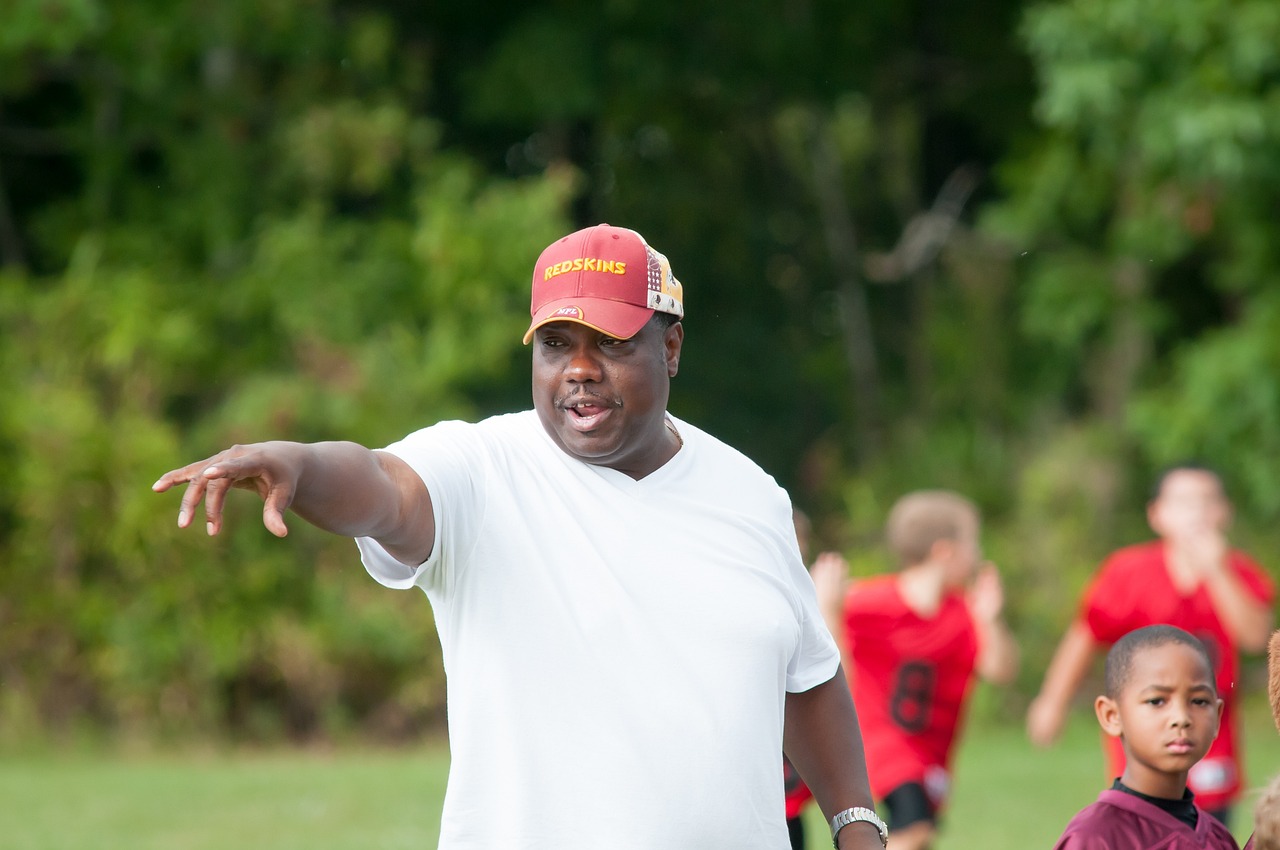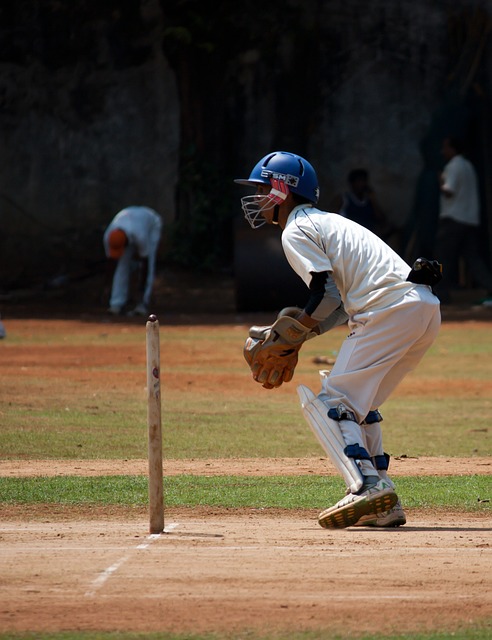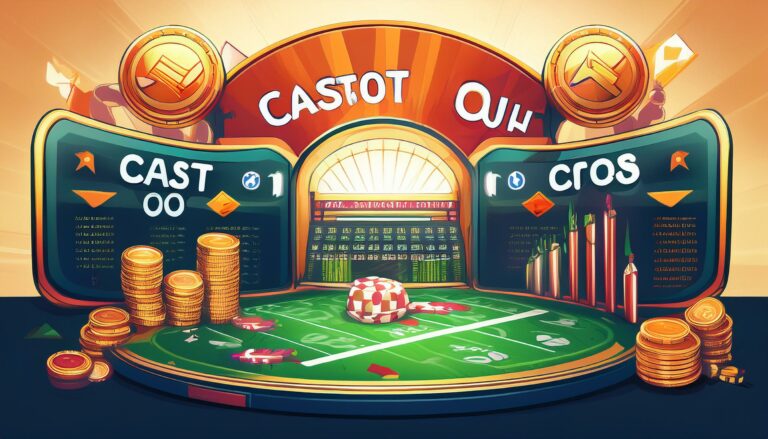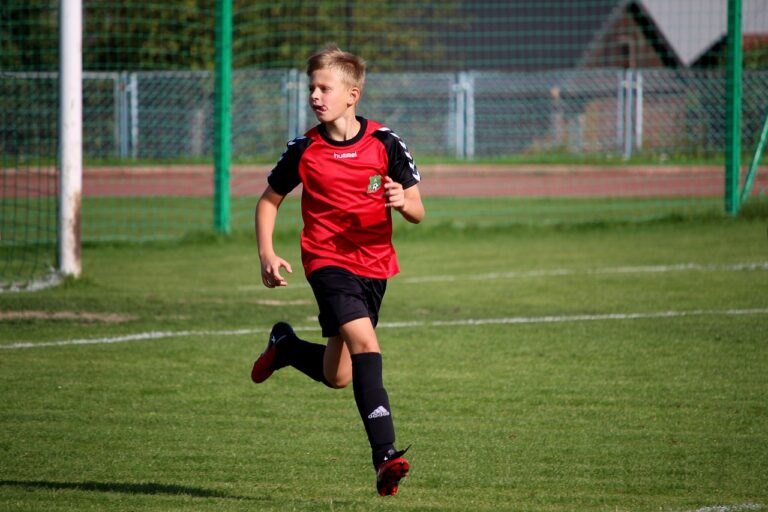The Role of Sports Law in Resolving Disputes between Cricket Players and Administrators: 11 x play login, India24bet, Skyfairs signup
11 x play login, india24bet, Skyfairs Signup: Sports Law plays a crucial role in resolving disputes between cricket players and administrators. With the increasing commercialization and professionalization of the sports industry, conflicts between players and administrators are becoming more common. Sports law provides a framework for addressing these disputes and ensuring fair treatment for all parties involved.
Role of Sports Law in Resolving Disputes
1. Contractual Disputes: One of the most common types of disputes in cricket involves player contracts. Sports law governs the terms and conditions of player contracts, including issues such as payment, performance expectations, and dispute resolution mechanisms.
2. Disciplinary Actions: Cricket players may face disciplinary actions from administrators for various reasons, such as misconduct or breach of contract. Sports law sets out the procedures for conducting disciplinary hearings and appeals, ensuring that players receive fair treatment.
3. Selection Controversies: Selection disputes are another frequent issue in cricket, with players often challenging decisions made by administrators regarding team selection. Sports law provides guidelines for fair selection processes and avenues for players to challenge unfair decisions.
4. Anti-Doping Violations: Cricket players are subject to anti-doping regulations to maintain fair play and integrity in the sport. Sports law governs the procedures for testing, sanctions for violations, and appeals processes for players accused of doping.
5. Player Welfare: Sports law also plays a role in protecting the rights and welfare of cricket players, ensuring that they are treated fairly by administrators and provided with adequate support and resources.
6. Commercial Disputes: With the growth of commercial partnerships in cricket, disputes may arise between players and administrators over sponsorship deals, image rights, and commercial opportunities. Sports law provides a framework for resolving these disputes and protecting the interests of all parties involved.
FAQs
1. Can players take legal action against administrators for unfair treatment?
Yes, players have the right to take legal action against administrators if they believe they have been treated unfairly or their rights have been violated. Sports law provides avenues for resolving disputes through arbitration, mediation, or court proceedings.
2. How can players challenge disciplinary actions taken by administrators?
Players can challenge disciplinary actions by lodging an appeal with the relevant sports governing body or sports tribunal. They may also seek legal advice to explore other options for challenging unfair decisions.
3. Are there specific regulations governing player contracts in cricket?
Yes, cricket players are subject to specific regulations governing player contracts set out by the International Cricket Council (ICC) and national cricket boards. These regulations ensure that player contracts are fair and transparent.
4. What role do sports lawyers play in resolving disputes between players and administrators?
Sports lawyers play a crucial role in advising players on their rights, negotiating on their behalf, and representing them in legal proceedings. They help players navigate complex legal issues and ensure that their rights are protected.
In conclusion, sports law serves as a vital tool in resolving disputes between cricket players and administrators, ensuring fair treatment, and protecting the rights of all parties involved. By adhering to the principles of sports law, conflicts in cricket can be resolved in a transparent and equitable manner.







